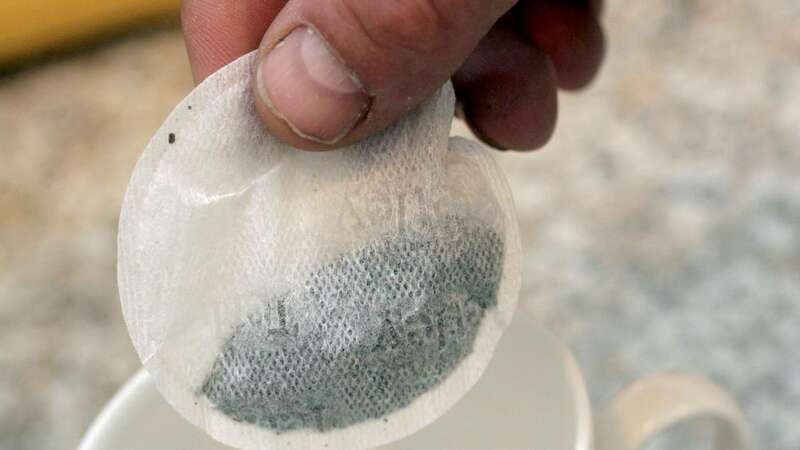Tea connoisseurs have warned against a common practice many of us are guilty of that can lead to a bitter brew.
The beloved hot drink is a staple in many people's daily routine, with 8.2 million Brits enjoying tea two to three times a day. Some of us may like our tea piping hot and robust, while others might prefer a creamier cuppa with an extra spoonful of sugar. Despite individual preferences, experts insist there are certain things you should never do when making a cuppa.
In anticipation of National Tea Day on April 21, specialists from Wren Kitchens, Taylors of Harrogate and Whittard have joined forces to settle the age-old disputes over how to make a 'proper' cup of tea. They collectively caution against one specific action - squeezing the tea bag.
"Never squeeze your teabags, as this can make your tea taste bitter due to the release of tannic acids", they advise. Instead, they recommend: "Lift it out carefully after 3-5 minutes of brewing". The experts also shared their thoughts on the milk or water first debate and the ideal brewing time. Here's what they had to say, reports Bristol Live.
What goes in first milk or water?
The most heated debate seems to revolve around whether milk or water should be added first to a cup of tea. However, one method could help you achieve your perfect taste. Angela Pyrce from Whittard advises: "I recommend water first, before adding milk. This method will help you get the best from your brew as you can make the tea to your taste and strength, before adding in the milk."
 'There's no romance in our marriage and hubby even forgot our 10th anniversary'
'There's no romance in our marriage and hubby even forgot our 10th anniversary'
How long should you leave your teabag in for?
The length of time you leave your teabag in depends on your preferred strength. However, Angela suggests there is an optimum time for black tea. "Leaving your teabag in for around 3-5 minutes is the key to your cuppa reaching the perfect strength. It's also important that the temperature of your water is 100 degrees," she explains.
You should also avoid leaving your teabag in for the entire drinking process. The longer you leave it in, the more likely your tea will become bitter as the hot water will extract an intense taste.
Does your choice of water matter?
The water you use for your tea can significantly affect the overall taste. "Always use water, which is freshly out of the tap, and if possible, a filter jug," Angela adds. "This is because the higher levels of oxygen in fresh water will make your cup of tea much cleaner and allow the rich flavours to come through."
Where should you store your teabags?
It's crucial to keep your teabags dry and away from moisture, as dampness can quickly spoil the tea leaves, leading to a loss of freshness. Angela recommends: "Store teabags in a cool, dry place such as a tea caddy or an airtight container, and far away from strong light and odours. This will help to maintain the tea's freshness and flavour."
Other common mistakes when brewing a cuppa
In addition to not squeezing the tea bag, Angela has highlighted other common blunders to dodge when preparing your brew:
- Never hit your teabags on the side of the mug - this could cause a tear in the material and the tea leaves escape into your cuppa.
- Avoid using the wrong temperature water for your tea - stick to 100 degrees for the perfect blend of milk, water and tea leaves.
Katie Kippax, a tea buyer at Taylors of Harrogate, also cautions: "Don't put it in the microwave! My top tip is don't re-boil the water. Each time your kettle comes to the boil, the oxygen levels in the water reduces. Tea loves freshly boiled, well-oxygenated water and stale water will negatively affect your brew."
Katie further advises that for those who add milk to their tea, opting for full fat is best, asserting it will boost the flavours and give the final cup a creamy and moreish taste.
Read more similar news:
Comments:
comments powered by Disqus































